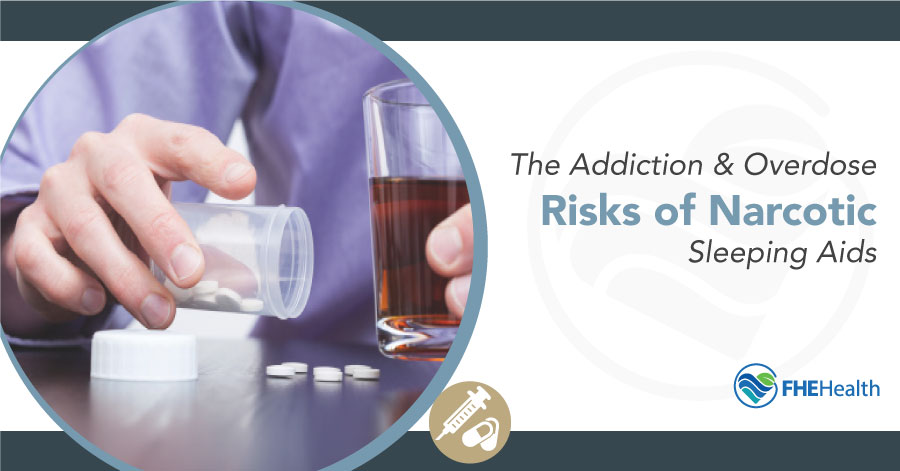
Sleep disorders can be incredibly impactful on a person’s health. Improper sleep can cause chronic health issues and depression. Additionally, it can affect an individual’s ability to make a living or nurture a healthy social life. This is part of the reason it’s become common to use sleeping pills. Just like many other drugs, though, they needed to be used with care. The accidental consumption of a lethal dose of sleeping pills can occur more easily than many people think.
In this piece, we’ll break down overdoses on sleep aids, including what to look for and what drugs are usually involved. We’ll also cover how to know whether you or someone you love is at risk.
Can You Overdose on Sleeping Pills?
Over 70 million Americans suffer from a diagnosed sleep disorder, including insomnia, sleep apnea, restless leg syndrome and narcolepsy. A sleep disorder is any condition that keeps a person from regulating their sleep habits. A healthy sleep cycle is one of the biggest keys to maintaining a healthy lifestyle. While illegal sleeping pill use isn’t as common as the use of opioids and benzodiazepines, it’s something that occurs and increases the risk of abuse and overdose.
Sleeping pills, like many other drugs, are meant to be used for a finite period of time and weaned off before a significant risk can occur. Many people end up dependent on sleep medication, however, and as that dependency builds, so does the risk of overdose on sleep aids. A sleeping pill overdose involves taking too many sleeping pills and suffering from negative and potentially lethal side effects.






